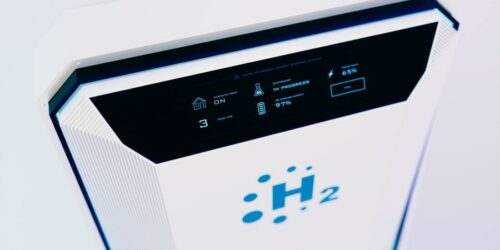Electric vs Gas Boilers: What Are Their Differences?
- Differences between a gas and electric boiler system
- Pros and cons
- Why you could replace gas boiler with electric
Boilers are the essential powerhouse to our homes, supplying heating and hot water whenever we need it. Electric boilers work by heating hot water via electric coils, while gas boilers simply run on fossil fuels to produce heat. Both of these systems are capable of powering the heating and hot water supply for your home.
This article will explore electric boiler vs gas boiler differences in detail. From how they both work to the pros and cons of each. It will also look at how much these systems cost and the carbon footprint associated with them. When it comes to deciding on whether to replace your gas boiler with an electric one, you need to understand their main differences first.
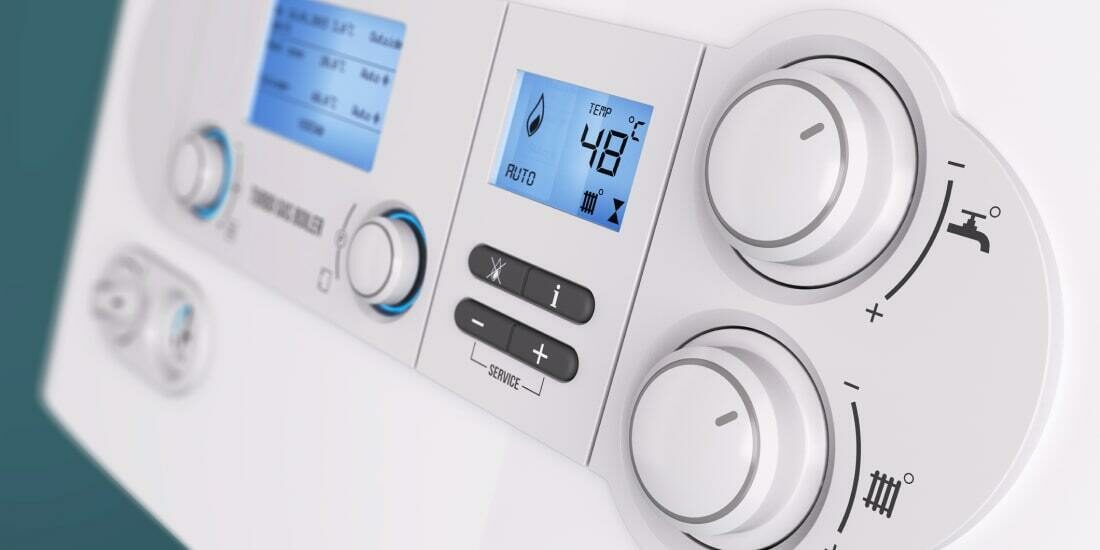
What's On This Page?
Click the links below and head straight to a specific section of the article.
What are Electric Boilers?
These run solely on electricity and are often smaller than their gas counterparts. Electric boiler systems have fewer parts and are often considered a cleaner form of heating. This is because they generate no exhaust fumes as they are used and can be operated on renewable power.
Electric boilers are highly efficient and useful for smaller homes with lower heating and hot water requirements. What’s more, they don’t need annual servicing as they don’t have as many parts to them.
Electric Boiler Systems
There are several types, including combi boilers and hot water cylinders. They are, however, considered more expensive to operate than gas boilers, especially because the price of gas is always cheaper than electricity.
How Do Gas Boilers Work?
These boilers run on fossil fuels and produce greenhouse gases in the process, including carbon dioxide (CO₂), methane (CH₄) and nitrous oxides (NOₓ). They are the most common form of boiler, with at least 78% of households using gas heating in the winter, according to Statista.
You can see how UK homes are typically heated in the graph below.
Gas fired boilers can be powerful and are suitable for large and small households alike. Newer boilers are much more efficient than traditional ones, but because they have the potential to produce harmful carbon monoxide (CO), they must be serviced annually by a Gas Safe registered engineer. This is just one of the reasons why you should replace your gas boiler with an electric one when considering boiler service costs.
Gas Boiler Systems
Various types of gas boiler include off grid liquid petroleum gas (LPG), system boilers with separate cylinders and combi boilers.
Because of their environmental impact and the UK Government’s plan to reach net zero, gas fired boilers may be slowly phased out from 2035. UK Green Building Council (UKGBC) states that there must be no gas boilers in operation by 2050 in order for this target to be met; another reason to not choose gas over electric.
Electric Boiler Pros
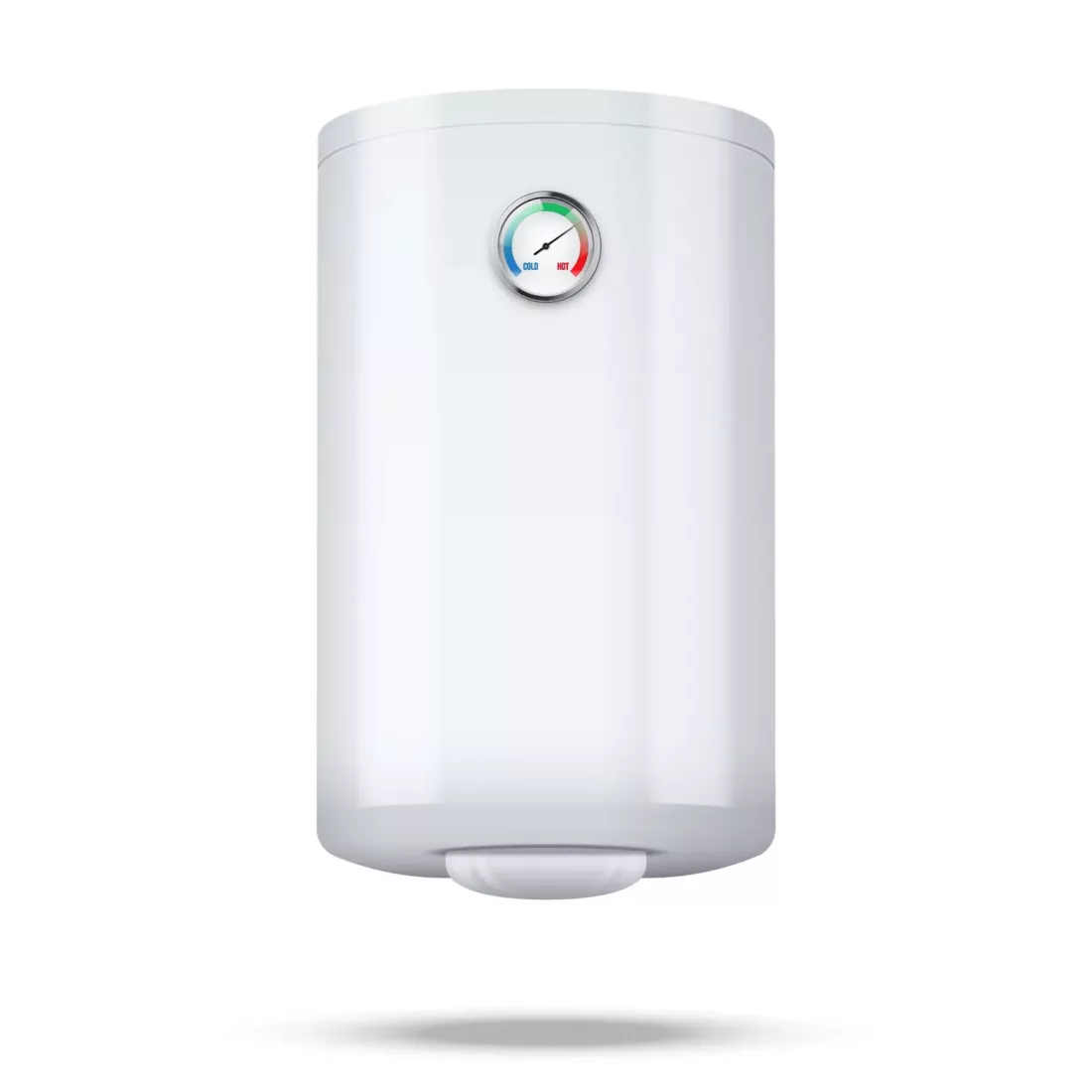
More efficient
Environmentally friendly
No risk of gas leaks
Cheaper installation
Electric boilers are extremely efficient and useful for smaller homes with low heating and hot water demand. Some models can be found to be 100% efficient, which means you’ll receive every kW of electricity you pay for. The boilers themselves are usually small in size as they have fewer moving parts, making them easier to service. This also keeps noise levels down when in operation.
They are more environmentally friendly as they emit no emissions, like CO₂ and CH₄. What’s more, they are compatible with renewable energy systems, such as solar panels, which will keep down operating costs and ensure you’re reducing your carbon footprint. Solar panels can help produce the electricity that’s needed for these boilers to run.
The main difference with electric heating systems compared to gas boilers is that there is no risk of CO leaking into your home. As no emissions are produced by electric systems, no flue needs to be installed. Electric boiler costs for installation will be cheaper as well.
Electric Boiler Cons
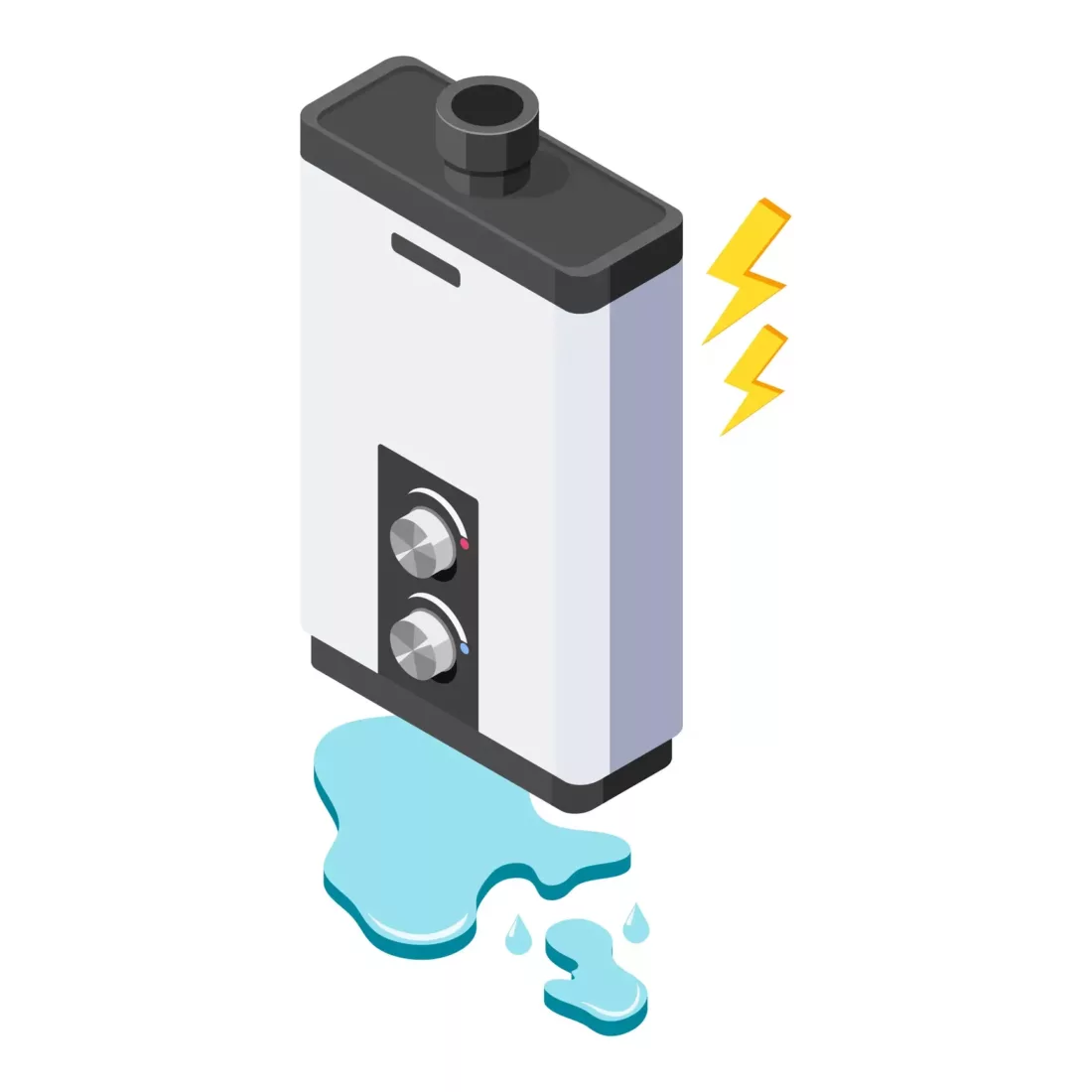
Lower energy rating
Only as renewable as the energy sent to them
More expensive to buy
Weaker operation
There are drawbacks to anything, as life isn’t always so clear cut. First and foremost, electric boilers are considered more expensive to run. While they are more efficient than gas boilers, the energy rating (which runs from A to G) is normally lower, at C or D, while gas boilers are normally rated A. There are currently free boiler schemes that can help with costs, such as the one offered by British Gas.
What’s more, while electric boilers themselves produce no greenhouse gases, they are only as renewable as the electricity supplied to them. The national grid largely produces electricity from the burning of natural gas, which creates emissions in order to power electric boilers in the first place.
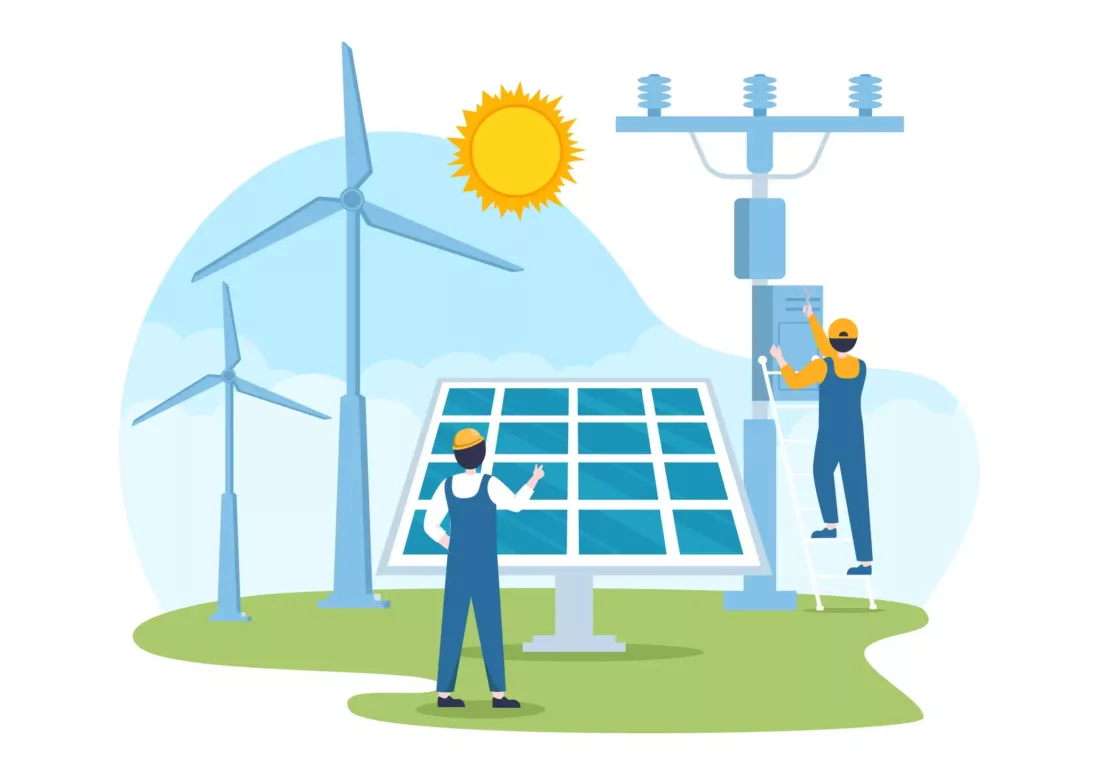
However, the use of renewable energy is on the rise. In 2020, the UK’s energy was produced mainly from renewable sources (43%). While this does lessen the environmental impact somewhat, Britain is still a long way off a fully sustainable national grid.
Also, because gas boilers are the preferred choice in households, there aren’t as many electric boilers on the market. This means that they are generally more expensive to buy.
When it comes to power and output, electric heating systems are considered much weaker than gas. This is why they are usually only considered for small households that have a low hot water and heating demand. There are some electric boilers that are suitable for larger households.
Costs of Electric and Gas Boilers
While electricity is more expensive than gas, boilers running on electricity won’t consume as much energy as gas boilers. Electric boilers can be cheaper to buy and install, but operationally, the costs are going to be dearer.
At April 2024 prices, electricity is at 24p per kWh, while gas is a quarter of this price at 6p per kWh. Not only this, but the standing charge is greater for electricity, no matter how much energy you use in a year.
The environmental cost is also something to consider. According to Energy Saving Trust, gas emissions from UK boilers work out at 0.213kg CO₂ equivalent per kWh, while electric boilers are slightly higher at 0.225kg CO₂ equivalent per kWh.
Replace Your Gas Boiler
While gas can be cheaper, it’s not a viable alternative to an electric boiler, not least because of how they will be phased out in future years, but also because of their environmental impact. If you’re looking to update your gas boiler, replacing it with another gas boiler is only going to add to this problem.
Retrofitting is going to be a widespread problem if the UK is ever going to reach its net zero goal. Retrofitting changes existing buildings to reduce energy consumption and emissions. Replacing a gas boiler will fit into this category, and will be costly later on down the line. The longer this is put off, the worse it can potentially get.
Why Electric Boilers Come Out On Top
While it will cost more operationally, electric heating systems are a good alternative, especially because they can be linked to renewable sources of power, such as existing solar panels. This can keep costs down, and you can help this further by switching to an energy supplier that uses renewable energy to produce electricity. The best boilers of 2024 will give you an indication of how all types of boilers compare.
With more being invested in renewables year on year, the environmental impact of operating an electric boiler will always decrease. With your own renewable system at home, this impact can be greatly reduced.
Related articles
View all Boiler articles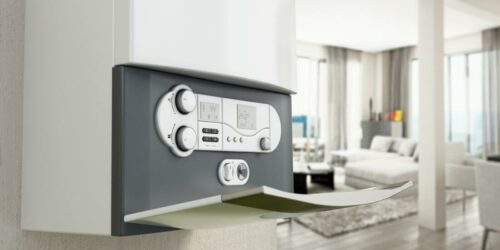
Top Tips When Buying a New Combi Boiler

Save on Heating by Keeping Your Boiler at 60°C

Smart Boiler Installation: All You Need to Know

Smart Thermostat Guide: All You Need to Know

Boiler Systems: All You Need to Know About Domestic Boilers
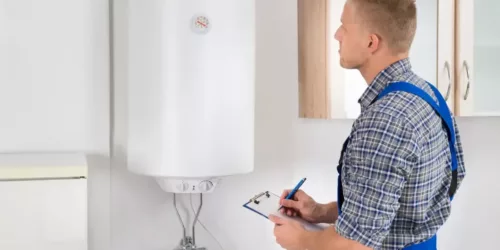
What Size Boiler Do I Need for My Home?

The Complete Guide to Worcester Bosch Boilers
